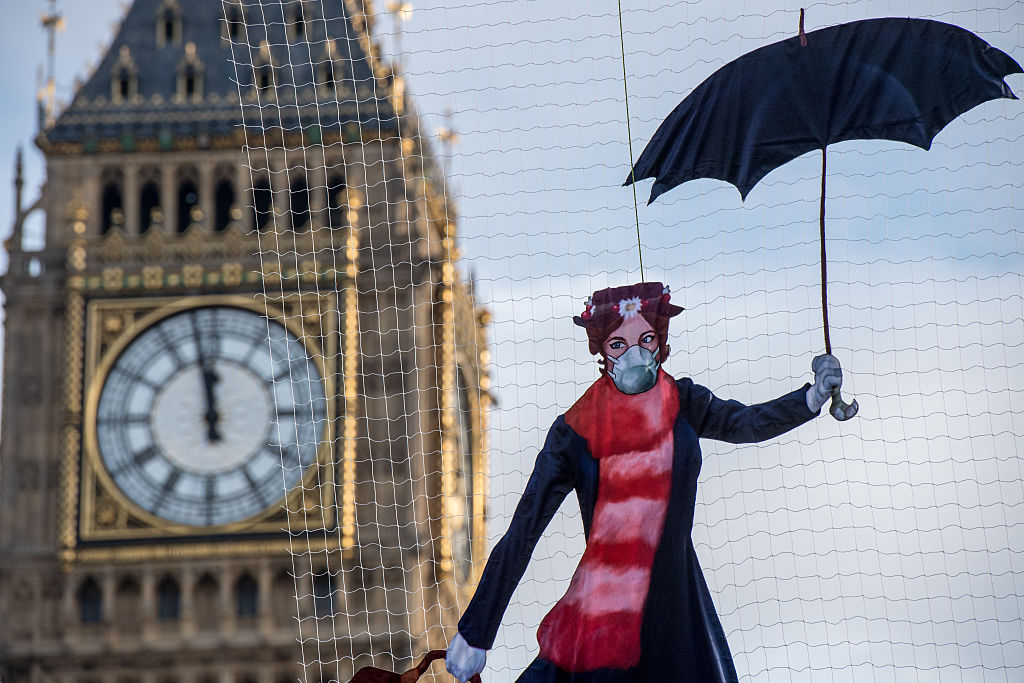It is a good thing that there is an air pollution bill in the Queen’s Speech today. We should not have to tolerate foul air. But the suggestion that this will be addressing some dramatic and growing crisis is misplaced. The idea that Britain is in the midst of a ‘silent pandemic’ of air pollution deaths – as claimed by a UN Special Rapporteur two years ago – is not even slightly aligned with the truth. In fact, air pollution in Britain has fallen dramatically over the past half century. A clean air act is about furthering huge progress that has already been made, not about challenging some growing problem.
London smogs were gone by 1970 – the reference date now used for air pollution in Britain. The earlier clean air acts had seen to that, banning the burning of coal in open fires in heavily built-up areas. Yet still the air in that year was utterly filthy compared with now. Between 1970 and 2017, sulphur dioxide emissions in Britain plummeted by 97 per cent. Levels of particulate pollution – such as soot – fell by 73 per cent, nitrogen oxides by 72 per cent and volatile organic compounds by 66 per cent. Ammonia emissions have been reduced by 11 per cent since 1980.

This progress has been brought about by incremental improvements in technology and above all the phasing out of coal-burning in power stations. Sulphur dioxide emissions had already been greatly reduced via scrubbers in power station chimneys, but with the closure of Britain’s last coal-fired power station, scheduled for 2025, the country’s contribution to acid rain will just about come to an end.
But it isn’t just coal power. Lead in road fuel was eliminated in the late 1980s and 1990s. Catalytic converters from the 1990s onwards have mopped up a lot of other pollution from cars. At the same time, car manufacturers and petrol station owners have become far better at allowing gases from fuel to escape into the atmosphere – the volatile organic compounds as mentioned above. Hard though it might be to remember now, cars in the 1970s used to reek of petrol. They no longer do so.
The main challenges to air pollution at the moment come not from nasty capitalists intent on poisoning the rest of us for their own financial campaign – as is often made out – but from over-hasty and ill thought-out measures to reduce carbon emissions. The Blair governments, backed by the EU, encouraged a huge switch from petrol to diesel cars in the 2000s – in spite of diesels emitting much higher levels of nitrogen oxides and particulate pollution. One of the significant contributors to particulate pollution now is from burning wood – both in power stations and in domestic boilers and stoves. Both activities, perversely, have been and still are encouraged through financial incentives.
Air pollution reached its apogee of crisis in Britain in the 1950s. Our air now is far, far cleaner – even if we do still need to do more. What no-one should be allowed to do unchallenged, on the other hand, is to make out that the menace of air pollution has been ignored and that consequently we are in the grip of some pandemic of pollution.







Comments